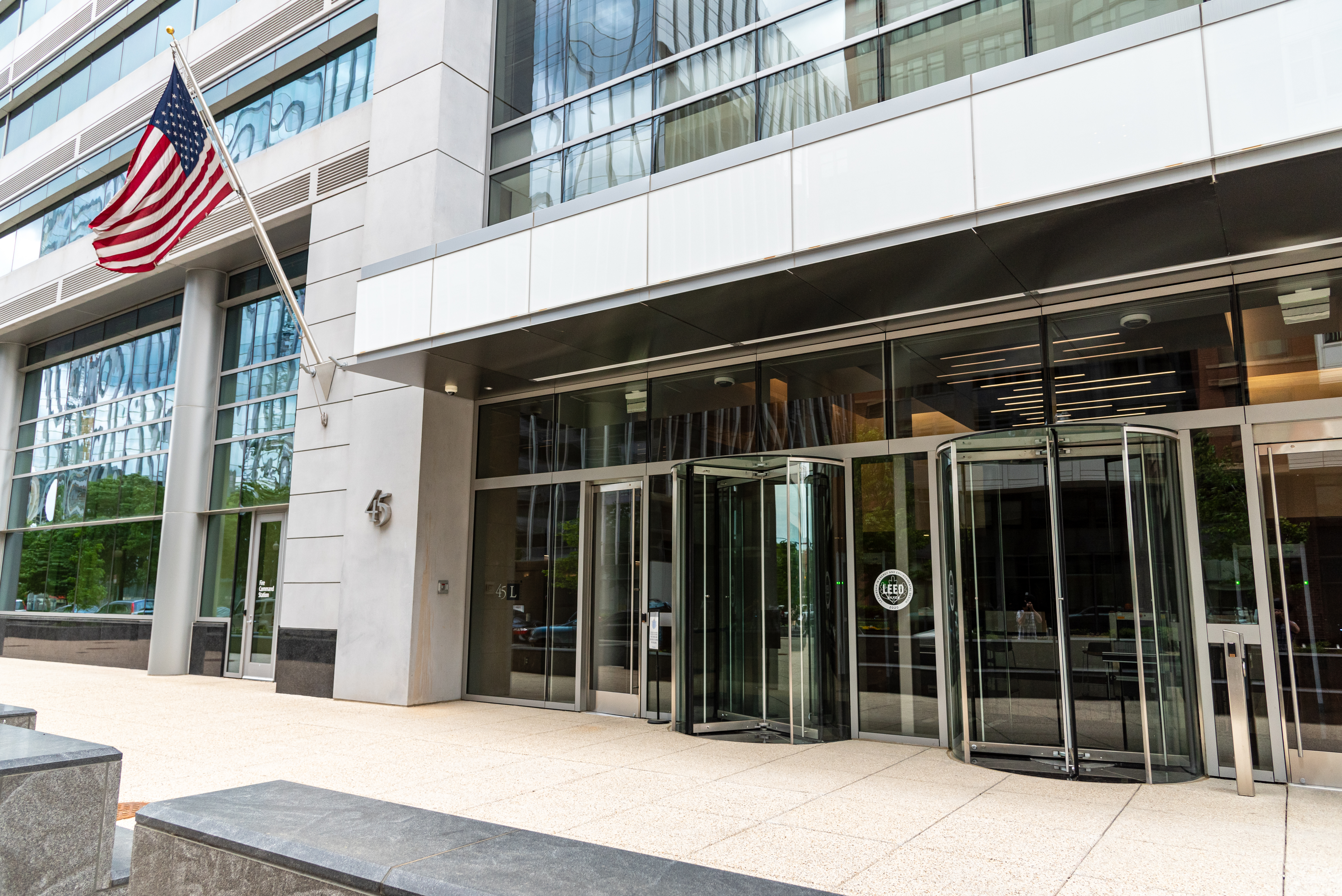Aereo, Two-Love
NEW YORK – Broadcasters were denied an injunction against signal aggregator Aereo for the second time today when the U.S. Court of Appeals for the Second Circuit rejected their premise. The broadcast plaintiffs in the case were appealing a previous decision from a lower court also denying an injunction. They were seeking to shut Aereo down while the courts decide on the larger issue of copyright violation.
“The district court correctly concluded that Aereo’s system is not materially distinguishable from the system upheld in Cartoon Network LP, LLLP v. CSC Holdings,” the three-judge panel wrote. “We therefore affirm the order of the district court.”
Cartoon v. CSC, or Cablevision, set the legal precedent for digitally recording content for personal use. Aereo, which launched last year in New York City, claims its service is essentially the same as Cablevision’s DVR-enabled set-tops. Aereo retransmits local TV signals through an array of tiny, individual antennas that it rents to subscribers for reception on mobile devices.
WNET Thirteen, Fox TV Stations, WPIX, Univision, PBS and others are suing for copyright violation based on retransmission consent law. Aereo says it’s not subject to retransmission consent law because it’s a type of cloud-based DVR service. Two of the three appeals court judges agreed. Judge Denny Chin dissented.
“Aereo captures over-the-air broadcasts of television programs and retransmits them to subscribers by streaming them over the Internet,” Chin wrote. “For a monthly fee Aereo’s customers may ‘watch’ the programming ‘live,’ –that is with a seven-second delay—on their computers and other electronic devices, or they may ‘record’ the programs for later viewing. Aereo retransmits the programming without the authorization of the copyright holders and without paying a fee.”
Whether Aereo is using one main antenna or many tiny ones makes no difference, Judge Chin said.
“There is no technologically sound reason to use a multitude of tiny individual antennas rather than one central antenna; indeed, the system is a Rube Goldberg-like contrivance, over-engineered in an attempt to avoid the reach of the Copyright Act and to take advantage of a perceived loophole in the law,” he wrote.
The National Association of Broadcasters noted Judge Chin’s dissent and said it was “disappointed” with the decision.
“We agree with Judge Chin’s vigorous dissent and, along with our members, will be evaluating the opinions and options going forward,” the NAB’s Dennis Wharton said in a statement.
Aereo nonetheless had two judges—Christopher F. Droney and John Gleeson—in their corner.
“We may be a small start-up, but we’ve always believed in standing up and fighting for our consumers,” said Chet Kanojia, CEO of Aereo, which is backed by Barry Diller, whose estimated net worth is $1.8 billion. “We are grateful for the court’s thoughtful analysis and decision and we look forward to continuing to build a successful business that puts consumers first.”
Today’s ruling does not mean game-over, Marci Ryvicker of Wells Fargo writes.
“Aereo has not won yet,” she said. “At the heart of the Aereo case is the broadcasters’ claim that this technology violates the Copyright Act with regard to retransmitting broadcast content. Based on other court cases—i.e. FilmOn and Ivi—the broadcasters believe they will ultimately prevail and that Aereo will be shut down.
“We believe the biggest issue here has to do with retransmission consent as this service does not compensate broadcasters for their signal or network content. We have heard that Aereo has not been discussed in any retransmission consent negotiations, and we don’t see how traditional players can follow this same business model given the current litigation.
“We don’t dismiss this case as it could have implications longer term, but we are not surprised by today’s news, and we continue to believe that fundamentals of retransmission consent are intact for the next several years—which is how long this case could play out.”
~ Deborah D. McAdams
Get the TV Tech Newsletter
The professional video industry's #1 source for news, trends and product and tech information. Sign up below.
